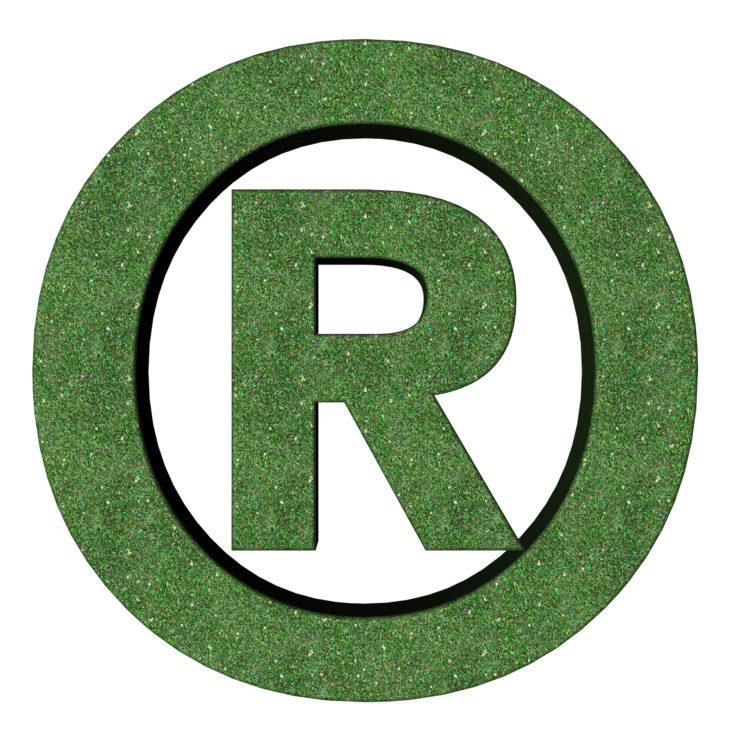
21 Jan Does Your Cannabis Business Qualify for Trademark Protection? The Answer is Most Certainly “Yes!”

We try to cover cannabis-related trademark issues thoroughly on this blog, because branding and trademark protection form the most basic foundation for most businesses. In our most recent posts, we’ve focused heavily on trademark disputes, because as the industry matures, litigation has become inevitable. For reference, you can check out some of the big trademark disputes from the last couple of years here:
But what we haven’t done recently is a recap of the trademark basics for cannabis companies, as well as a rundown on the updates regarding what products are and aren’t eligible for protection. There have been some positive changes in the last year with the implementation of the 2018 Farm Bill – the USPTO released updated guidance regarding the registration of hemp-related trademarks, which can be found here.
I’ll give a brief overview of the cannabis trademark landscape, but at this point, I think it’s safe to say that nearly every cannabis company has at least something that should be the basis for obtaining trademark protection.
Trademarks 101: A trademark is a word, phrase, symbol, and/or design that identifies and distinguishes the source of the goods of one party from those of others. More commonly, a trademark is recognized as a brand. The importance of trademarks is two-fold: On one hand, owners of successful brands want to rest assured that other parties will not be able to use and exploit their brand without the brand-owner’s permission. But on the other, perhaps more important hand, trademarks are crucial from a consumer protection standpoint. As a society, we want consumers to know where the goods and services they purchase are coming from, and to make informed purchasing decisions based on factors like quality and safety. The primary way consumers are able to distinguish the goods of one company from the goods of another is via branding.
There are three ways in which a brand owner can establish trademark rights:
- By using the mark in connection with their goods or services (legally) in commerce;
- By registering the mark with the United States Patent and Trademark Office (USPTO); and
- By registering the mark with an appropriate state trademark registry.
Registering a trademark with the USPTO is the best way to protect one’s mark, but because cannabis is still illegal under federal law, and because one requirement for registration of a federal trademark is that the applicant has made “legal use” of the mark in commerce, the USPTO has continually refused to register marks for use on cannabis and any other goods and services that violate the Controlled Substances Act (CSA).
The crux of the analysis for any cannabis company’s federal trademark eligibility is whether or not the company sells goods or offers services that comply with federal law. To the extent that it does, those goods or services are likely eligible for trademark protection. In addition, to the extent that a company is selling products that comply with both the Controlled Substances Act (CSA) and the Food Drug and Cosmetic Act (FDCA), those products are likely eligible as well. For example, while the FDA maintains that CBD cannot be added to food products without violating the FDCA, its position on CBD in topical products is quite different. Those products, as long as they comply with the 2018 Farm Bill, are likely eligible for trademark protection. Likewise, certain hemp products are Generally Recognized As Safe (GRAS) by the FDA – these products, including hemp seed oil, for example, are also eligible for federal trademark protection.
For products that do not meet the threshold for federal trademark protection, there’s a good chance that state protection is available. Though the protection afforded by a state trademark is geographically limited to the state of the registration (and sometimes just the area of use within that state), state trademarks usually provide more extensive geographic protection and legal remedies than common law rights. Common law rights are almost always limited to the geographic area in which you are using the mark, meaning that if you only do business in San Francisco, your common law trademark rights could only protect you within the city of San Francisco. And if you want to avail yourself of the statutory remedies available to trademark owners in infringement cases, you will need to register your mark.
While trademark protection in the cannabis industry still presents challenges for business owners, the law is in constant flux, and opportunities are beginning to emerge. If you haven’t worked with your cannabis intellectual property lawyer to develop a strategy for protecting your trademarks now and going forward, now is the time to do so.


Sorry, the comment form is closed at this time.